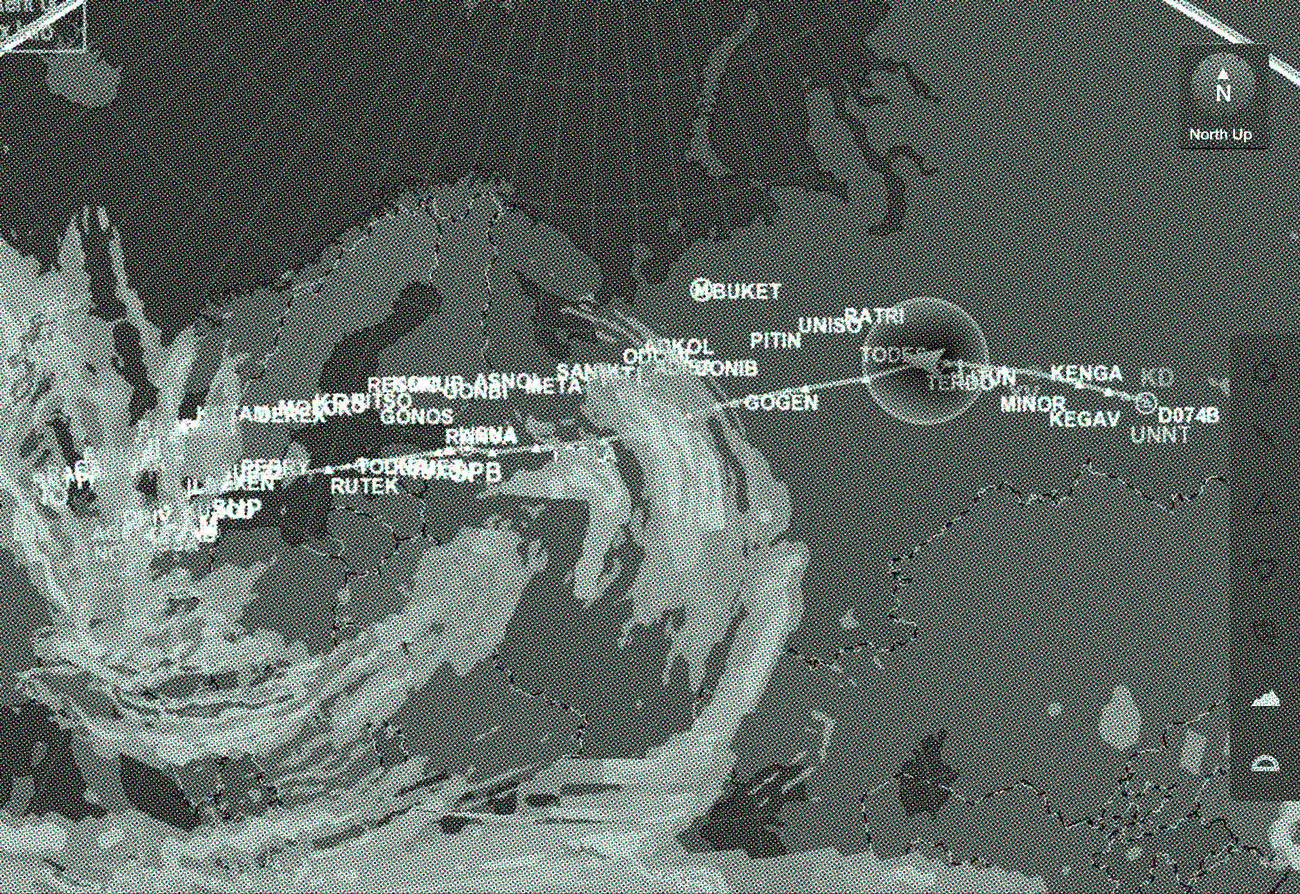My Skills
Airline Transport Pilot
During my 15 years of service as an officer in the German Navy I studied Mechanical Engineering at the Helmut Schmidt University of the Federal Armed Forces in Hamburg and trained as an airline transport pilot in the Lufthansa Pilot School in Bremen.
Here I gained initial experience in long-haul flying on the maritime patrol aircraft Breguet Atlantic and could enhance my technical knowledge of aviation as a commander with the rating of technical check pilot.
After switching to civilian passenger aviation early in 1995 I was assigned to a turboprop aircraft and captained both scheduled airline service as well as charter flights. At the same time I took on my first project in the field of air operations management.
Starting in 1998 I gained experience on medium-haul aircraft with modern turbojet engines and various other types of aircraft during regional flight operations at different airlines.
Since 2007 I have been able to prove my piloting skills through worldwide air cargo operation on all five continents by circumnavigating the world on the most modern four-engine jet aircraft, the Boeing B747-8F. This aircraft demands a higher level of pilot skill than required under normal passenger aviation circumstances.
Mechanical engineering graduate
Of course, a sound technical education is the best possible basis for a pilot today. My studies at the Helmut Schmidt University of the Federal Armed Forces have not only provided me with a broad technical background but also the ability to quickly and reliably comprehend relationships between complex systems. My diploma certificate may be viewed here.
Understanding the relationship between complex subject matters and independently developing targeted solutions when under pressure is one of the positive "side effects" of a profound course of study and many years of experience in aviation. Based on the various functions I have performed I also possess different qualifications from which my clients can now benefit.
Management functions - Quality Manager, Director Flight Operations, Chief Operating Officer
The duties and requirements in the "Background" or the so-called “Back Office” have always fascinated me.
After my own first project, "Conversion of the existing fleet to include mobile telephones, I focused on the field of quality management and assumed my first role as Quality Assurance Manager.
I developed new manuals and introduced a Quality Management System. As the Quality Manager (QM) of a newly established charter airline I implemented this in all operational areas of the company.
Because of my thorough knowledge of the laws and regulations, approval by the Federal Aviation Authority (LBA) was unproblematic.
Thanks to my enormous experience I readily accepted the challenges relating to the complex task of my work as a Director Flight Operations. The expansion of the fleet from two to five aircraft went very smoothly while maintaining quality management.
As coordinator of the business units and then later as Chief Operating Officer (COO) and Deputy Accountable Manager in accordance with JAR OPS 1, I was able to incorporate my own experience and ideas.
Only close cooperation between the front-end and back office can ensure that a complex charter operation runs smoothly.
Clear structures and optimum communication – are basic principles for which I stand.
I have always conveyed to my staff the attitude, "We in the back office are the service provider for the team on-site."
The crew must be perfectly prepared because they are the ones responsible for the optimum care of our customers and passengers.
Only if I optimally prepare, inform, train, and motivate my crews "outside" can I demand maximum performance - and receive it! Respect for colleagues, whether they fly or do their job in the office, is the basis of any trusting relationship - as well as the basis for safety within the field of aviation itself.






